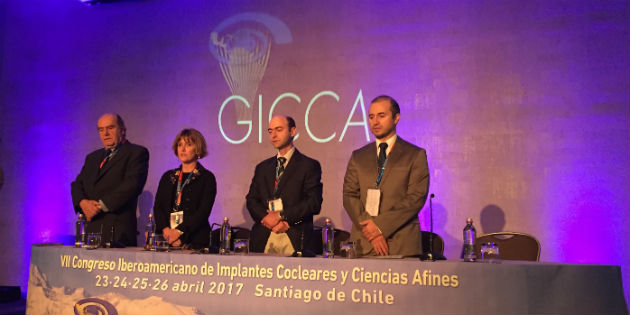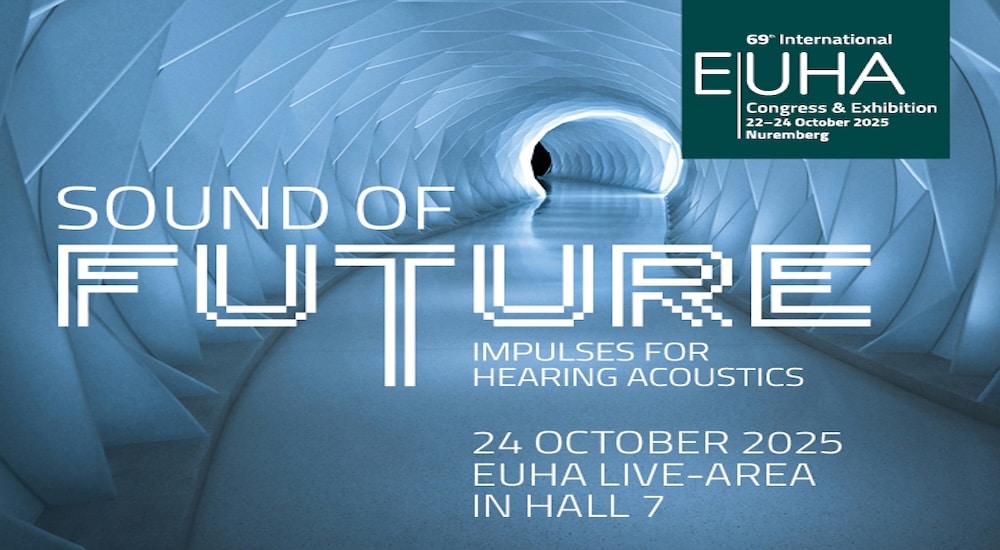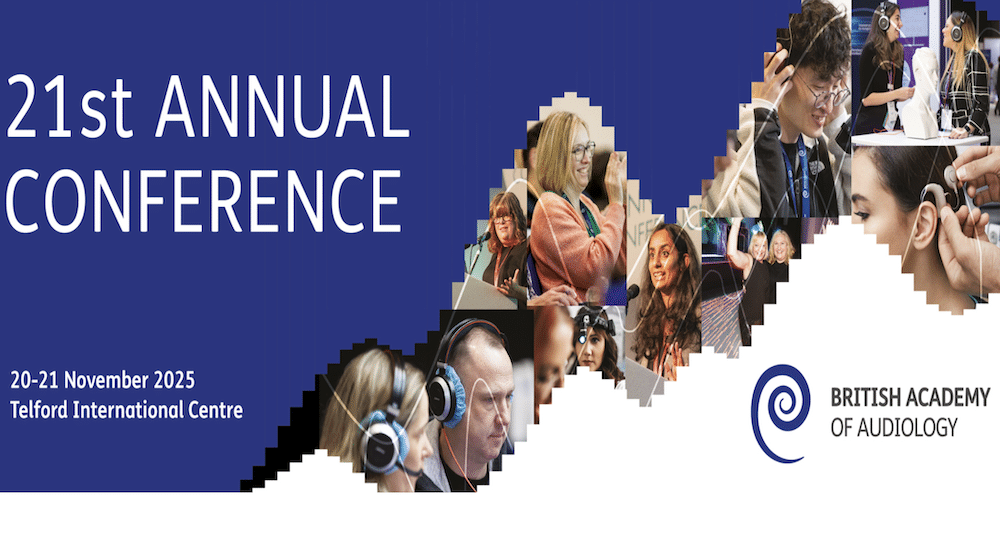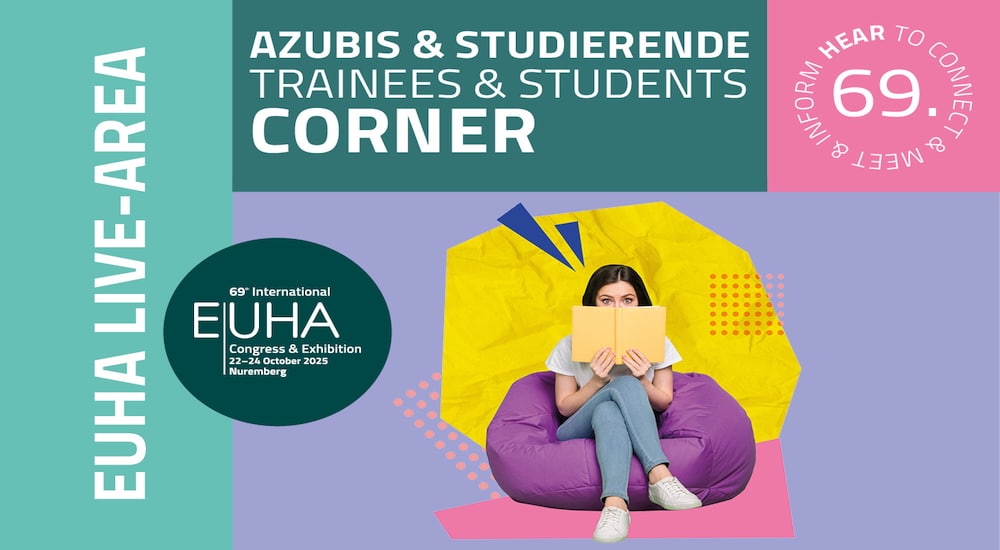GICCA 2017 gets under way "listening to each other" in Santiago, Chile
CI
"Let's listen to each other in Chile" was the motto welcoming the 800 hearing professionals from 24 countries gathered at the 7th Iberoamerican conference on cochlear implants and related sciences - GICCA 2017 - which runs in Santiago from Sunday April 23 to 26.

The event brings together delegates to share clinical experiences, and to discuss trends and scientific research in the audiological specialty through a strong programme, a business exhibition, and an accompanying fair of traditional Chilean handcrafts, jewellery, fabrics, wines, and goldsmithery.
The opening day began with a presentation by Dr. Marcos Goycolea, chair of the organising committee, entitled “The magic of hearing”, which captivated the audience through a simulated journey explaining how people perceive the sound of music, even when deafness is an obstacle. Just listening to tonal sounds to hear a melody is not enough, explained the specialist, since the brain must also understand it and process it as such. How can you follow, learn about, and deal with this neurosensory process in patients? This is one of the key challenges being debated in depth at this 2017 GICCA.
At the end of the first morning, organisers surprised delegates with an opening ceremony on the outskirts of the city, in the Colina area, featuring a folk event that included the local authorities’ special invitation to celebrate the popular Catholic festivity of “Cuasimodo”, a ritual native to Chile’s Central Valley region, held the first Sunday after Easter. It involves accompanying the village priest in a procession on horseback as the Eucharist is received by the sick and elderly. The “cuasimodists”, or escorts, form confraternities, wearing long headscarves and white capes draped with Chilean flags. This time the GICCA 2017 participants formed part of the celebration.
Cochlear implants in babies under one-year-old – the debate continues
With hearing loss in children being detected at younger ages, is a cochlear implant more recommendable for their future development? The debate was stirred deep during several round-table discussions between ENT doctors on the second day of GICCA 2017 in Santiago, Chile. As ever, the answer depends on each case, the type of disorder, the family, the child’s age, and the window between detection of hearing loss and the actual treatment visit.

At a debate mediated by Canadian ENT specialist and lecturer Dr. Blake Papsin, panelists agreed on setting three limits that can affect implant decisions during the first 12 months of a patient’s life, such as in cases of congenital hearing loss, these being, for example: parent awareness; the high cost of an implant; and accuracy in the hypoacusis diagnosis.
The cost of surgery in some countries, such as Spain or Argentina, is covered by state health programmes, but the issue of creating awareness in parents of babies diagnosed with unilateral hearing loss is, above all, a stumbling block. “Parents still shut down when it comes to diagnoses, and they tend to avoid treatments through different excuses. There is a tendency to be in denial about their children’s hearing loss. For this reason, they need systematic support during the period so that they can properly escort their children,” points out Dr. Alicia Huarte, specialist at the University Clinic of Navarra, Spain.
Find this and more posts on this event (Spanish) on Audioenportada and follow us live on Twitter @Audioenportada.


